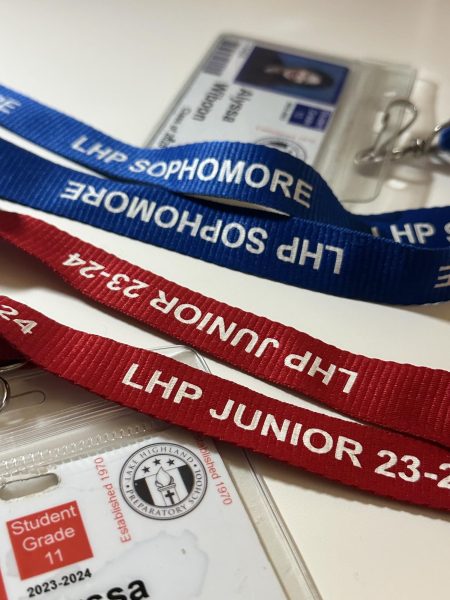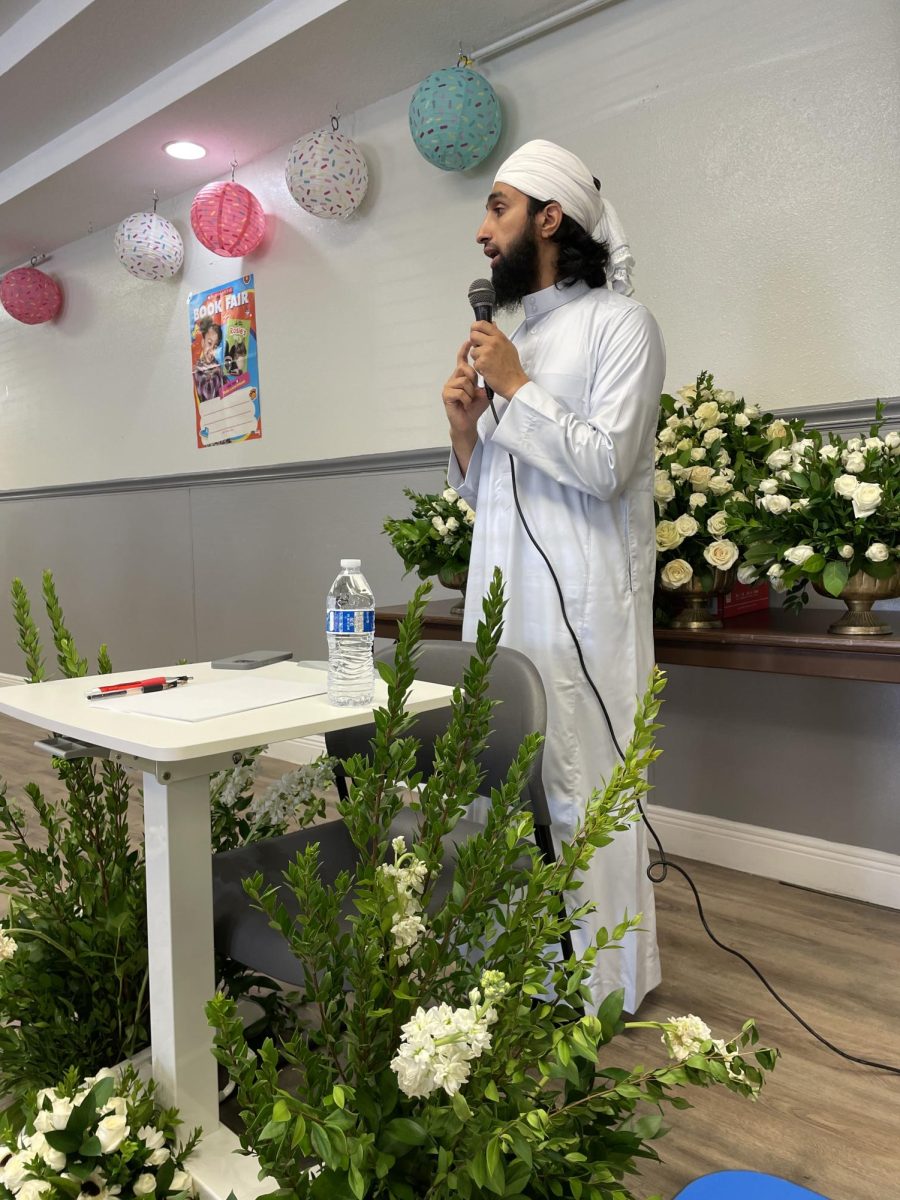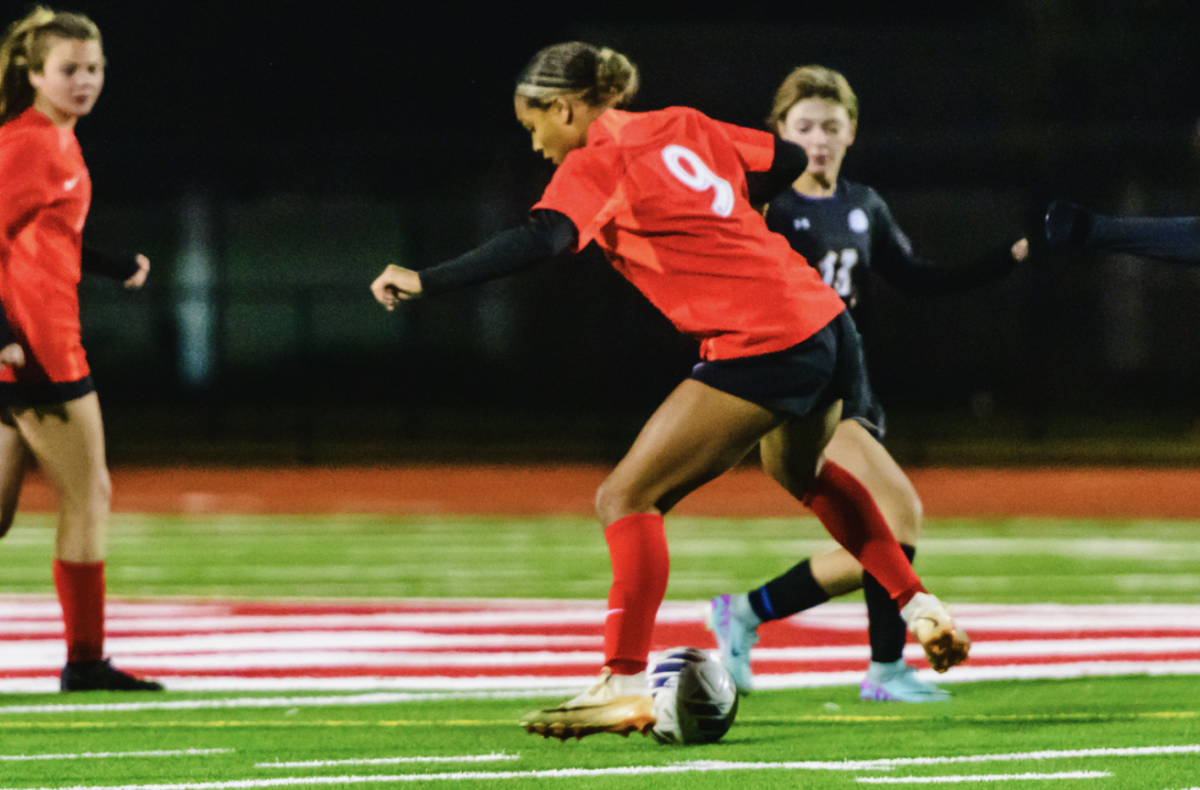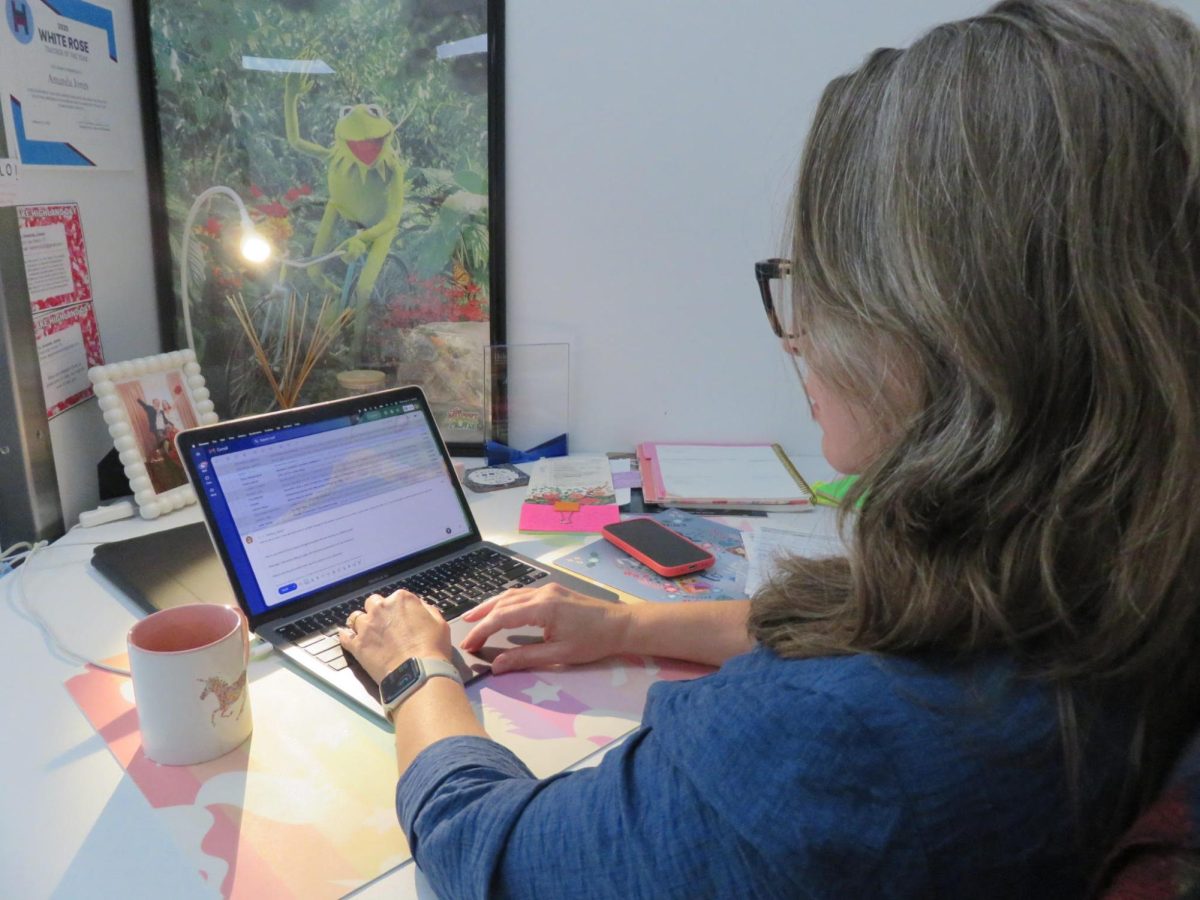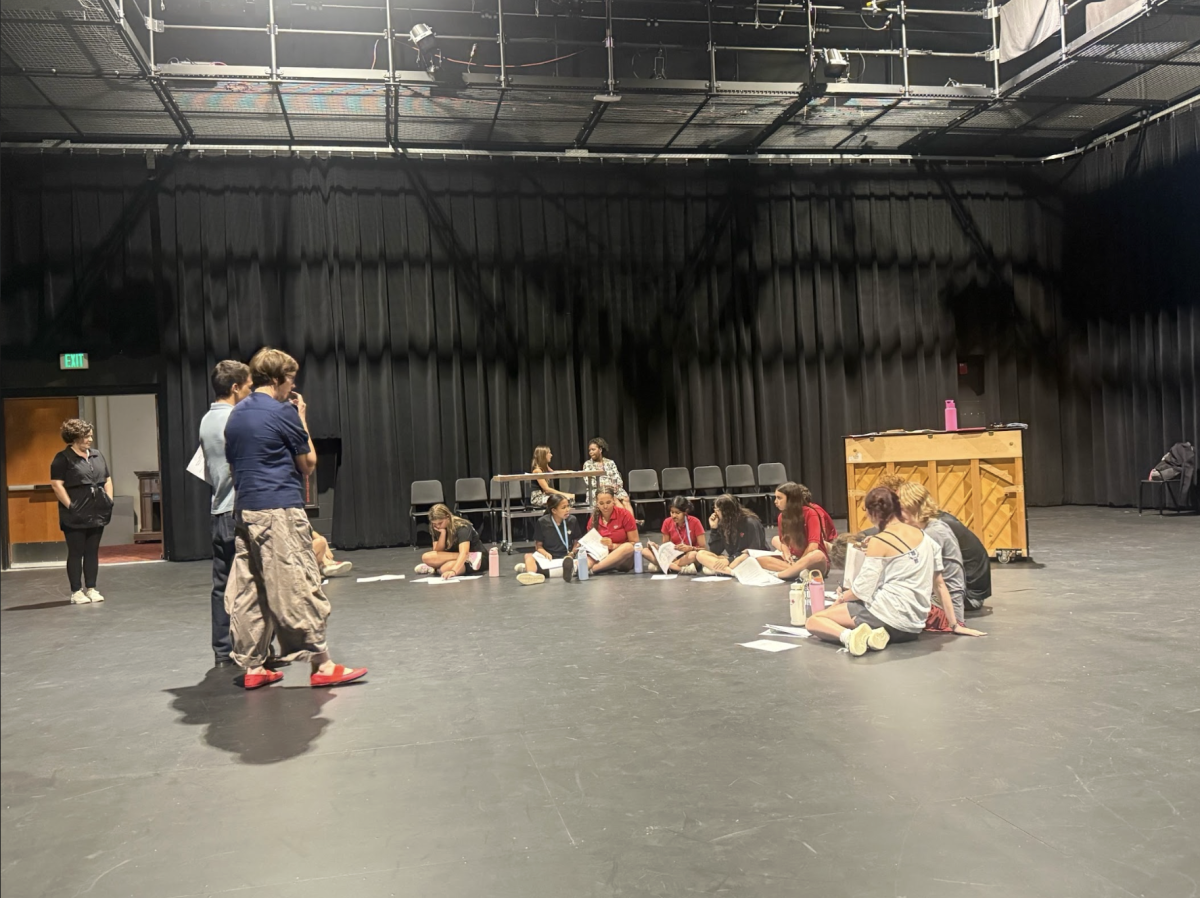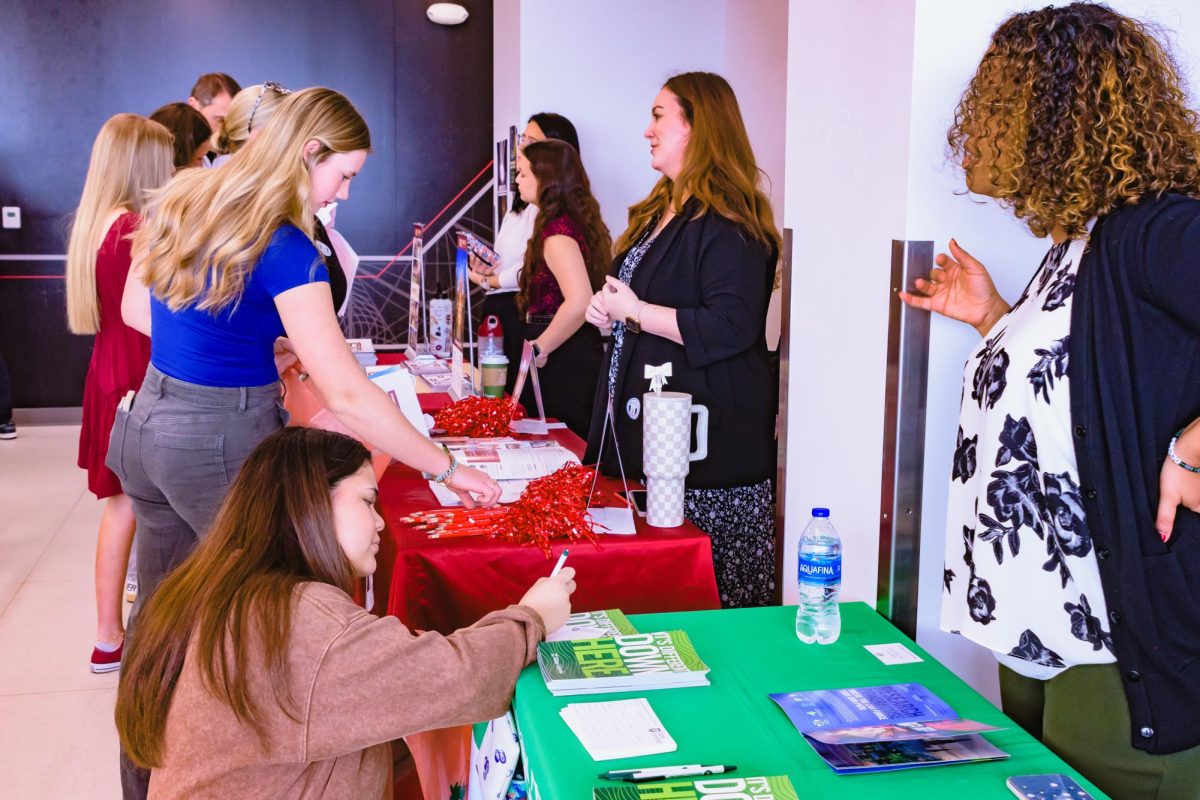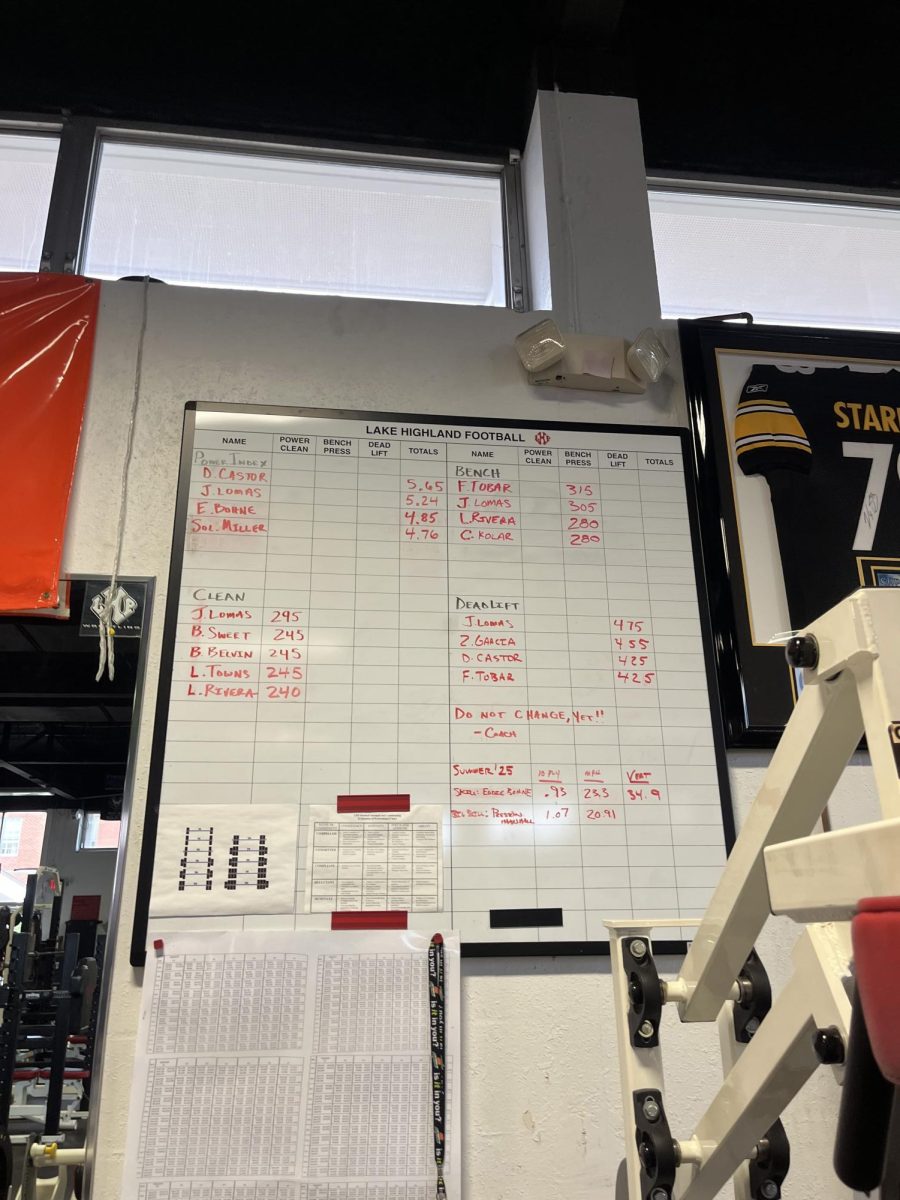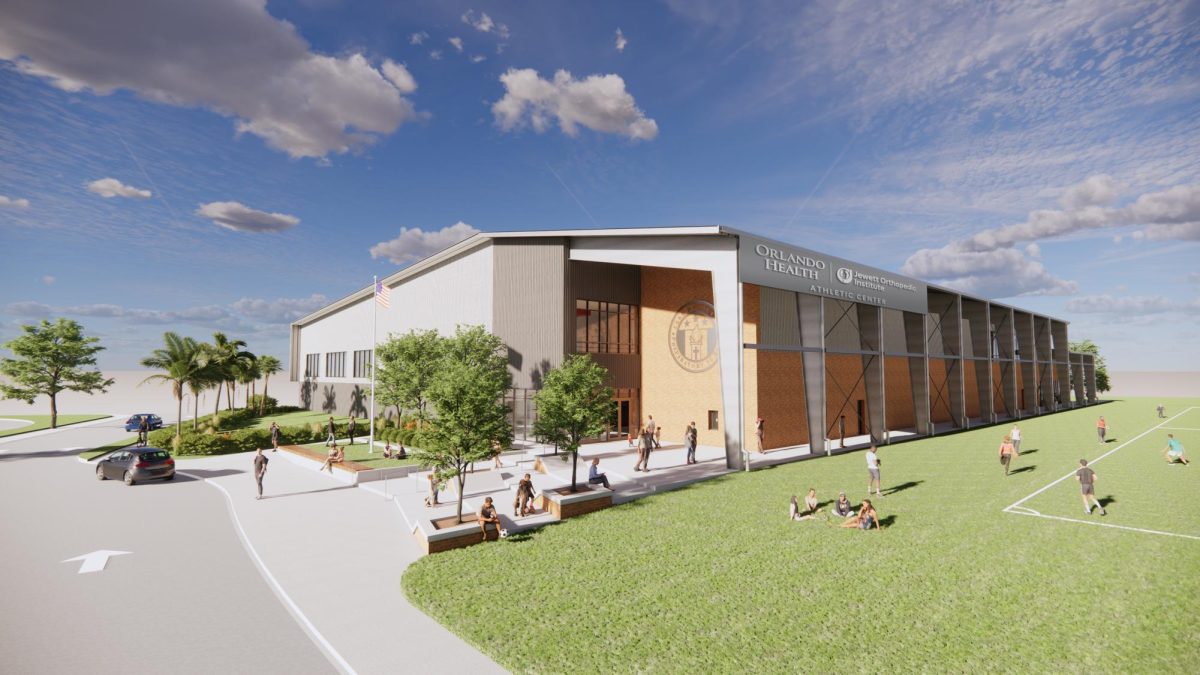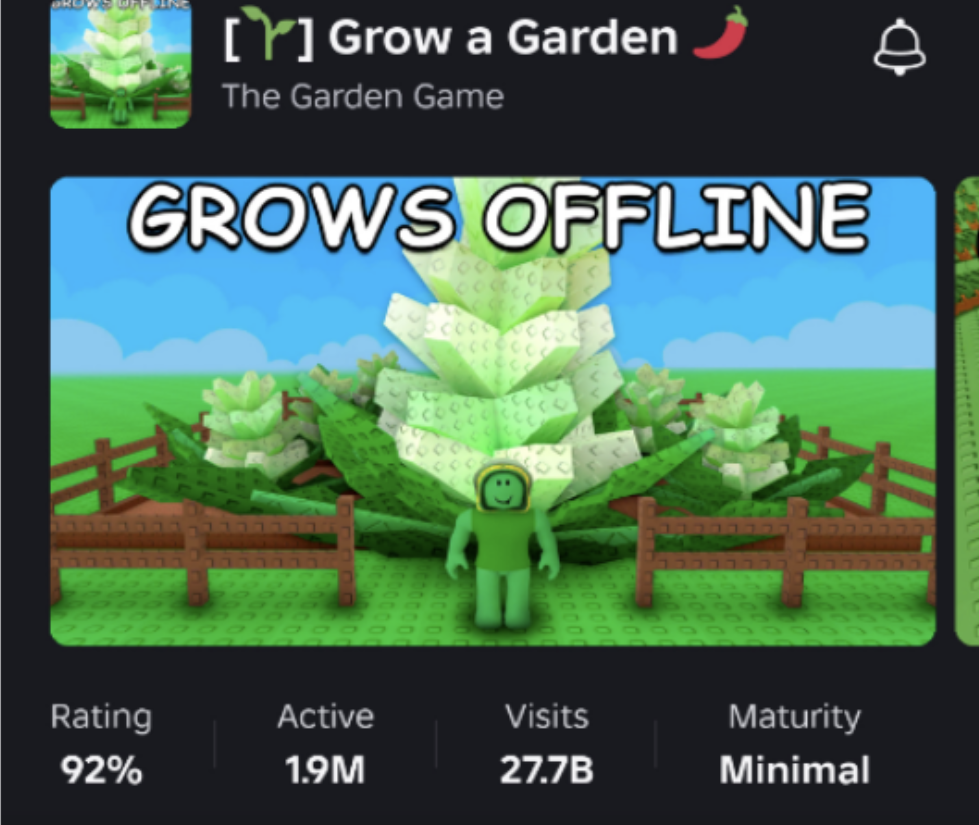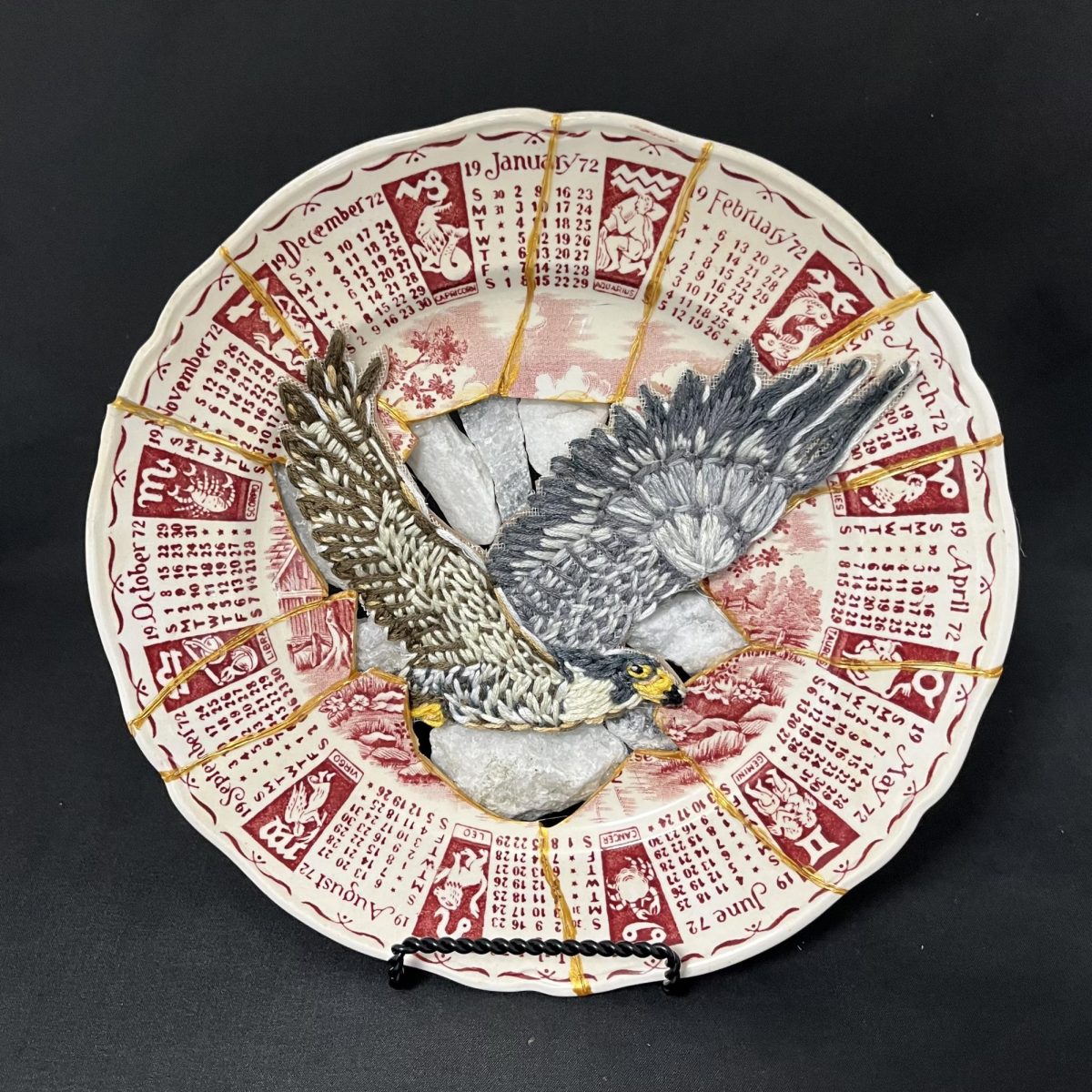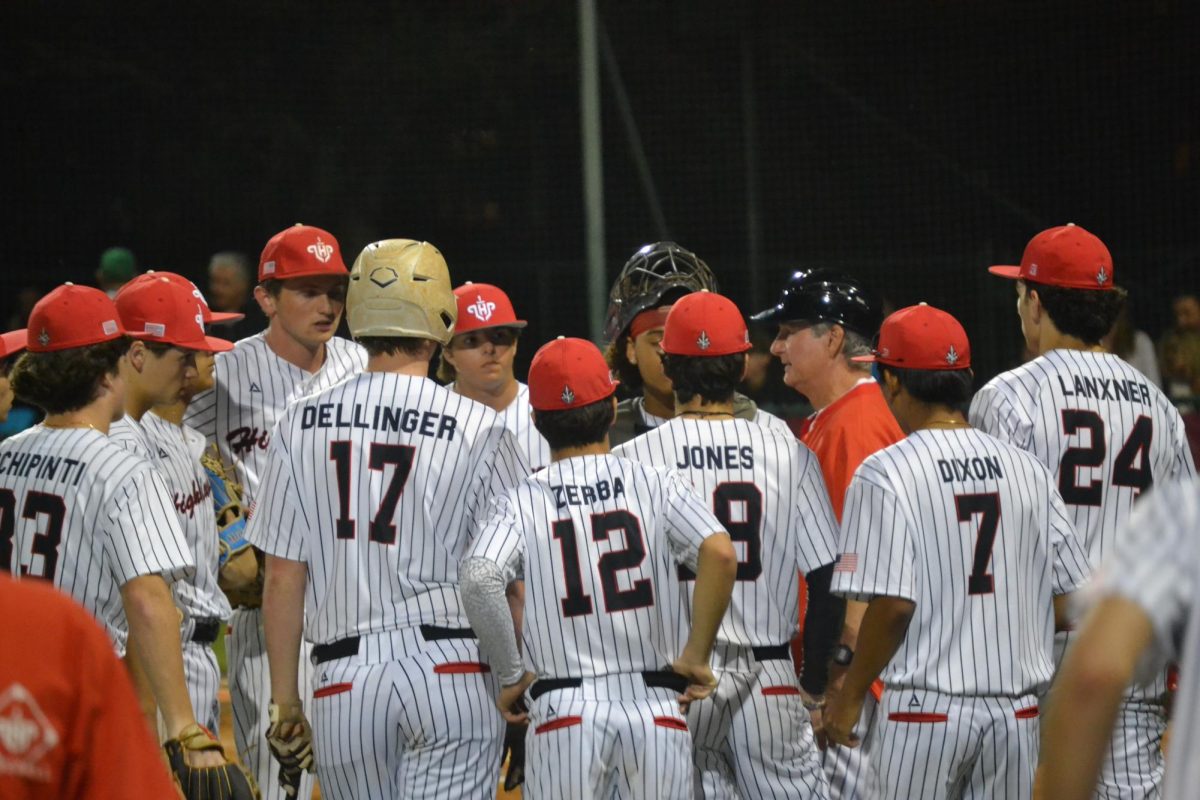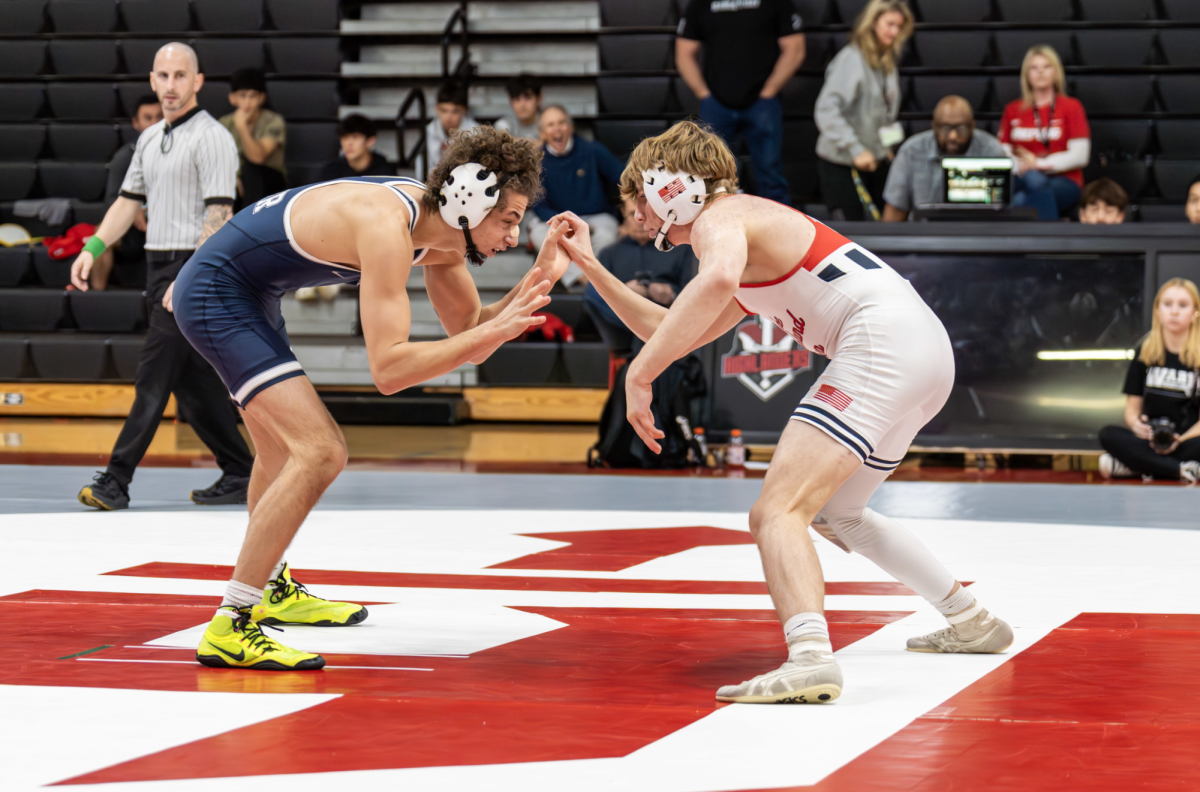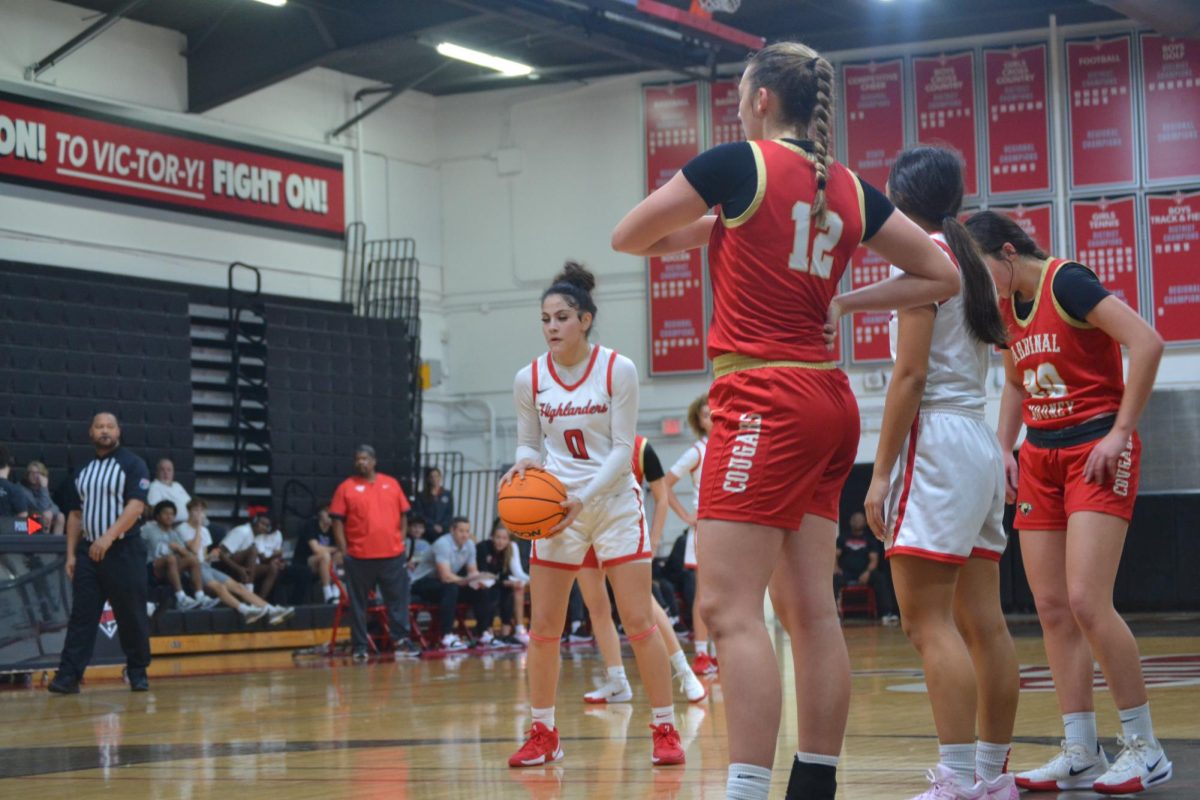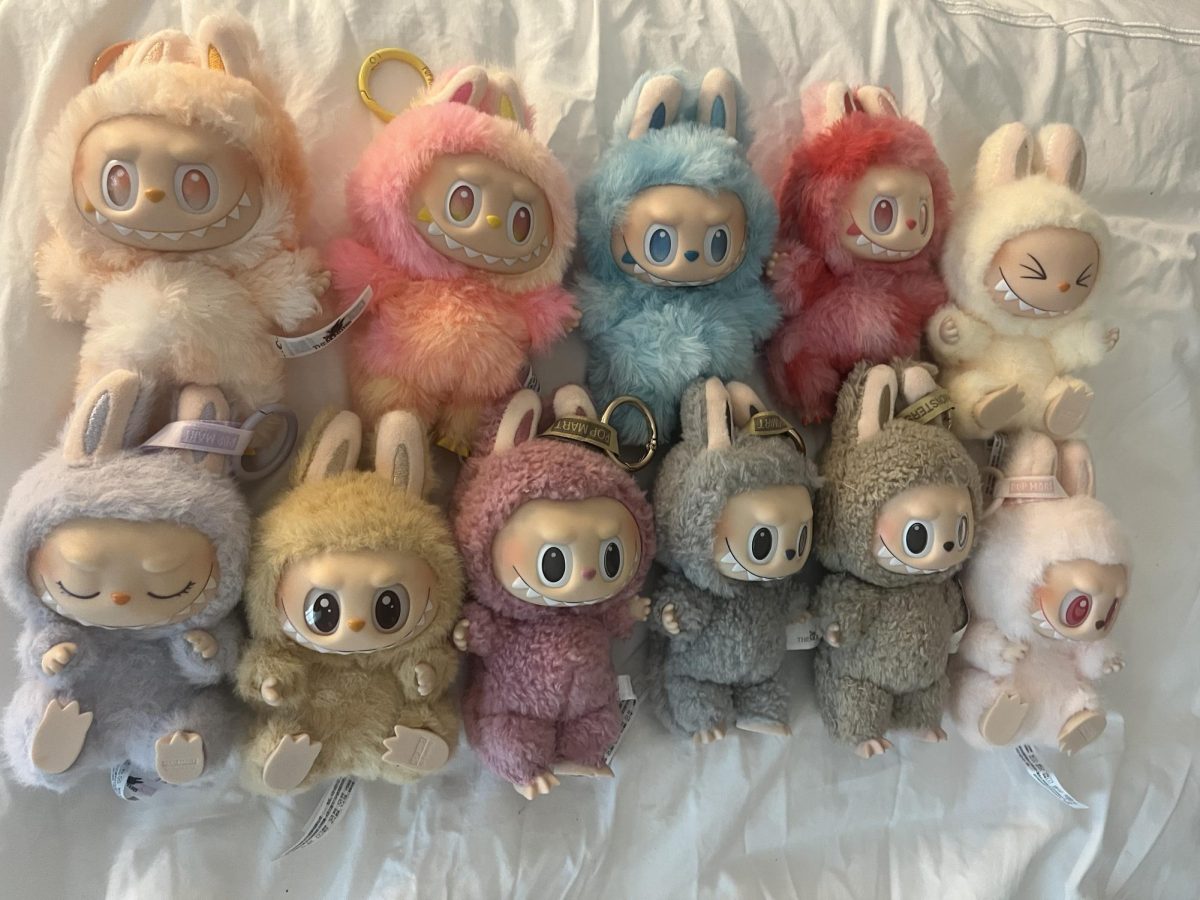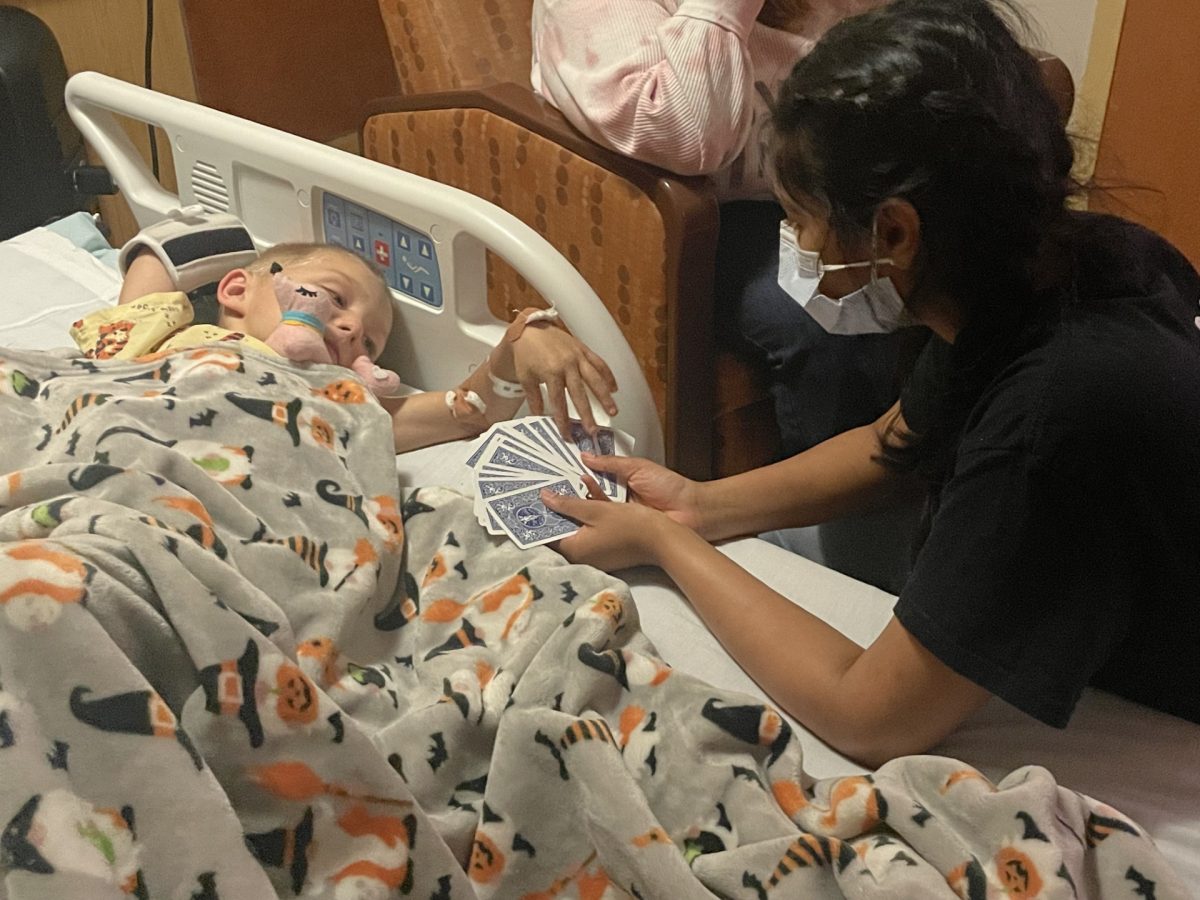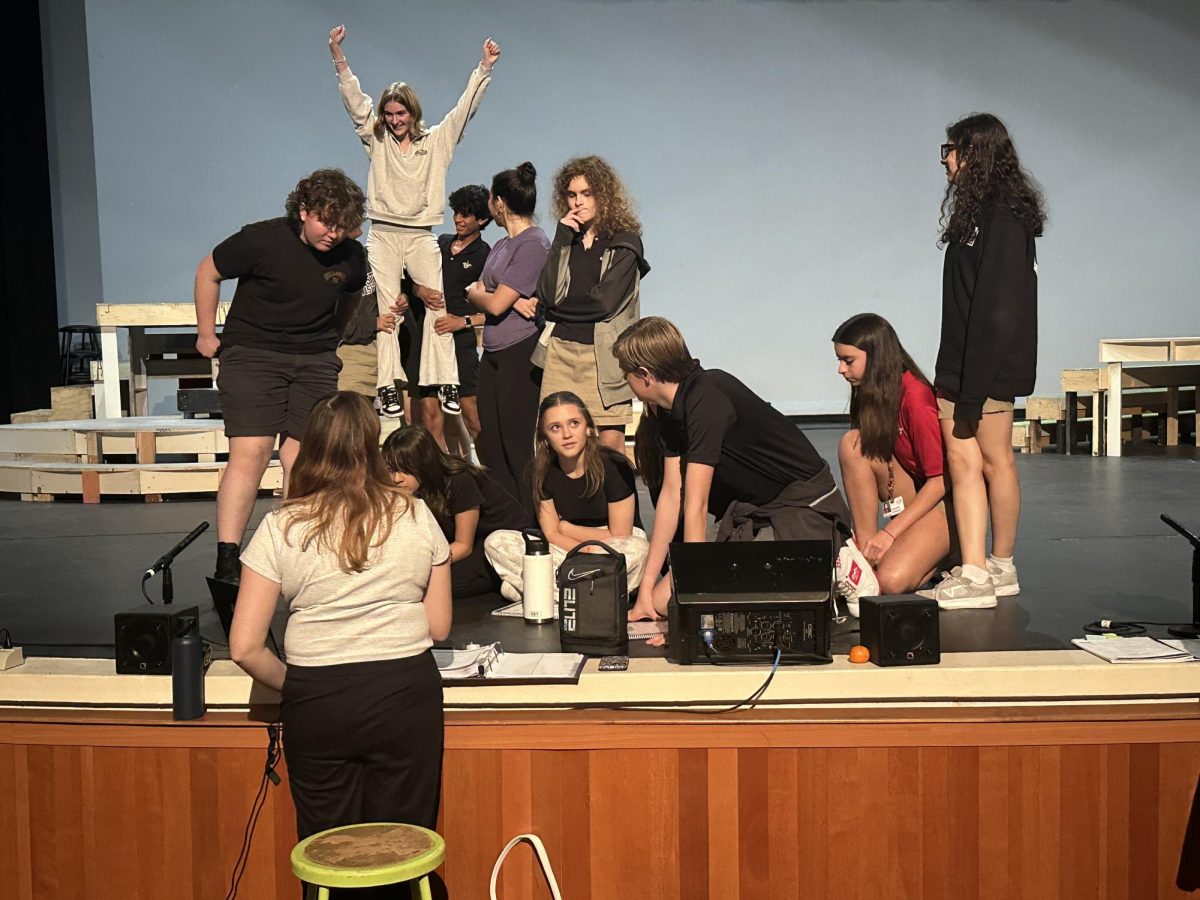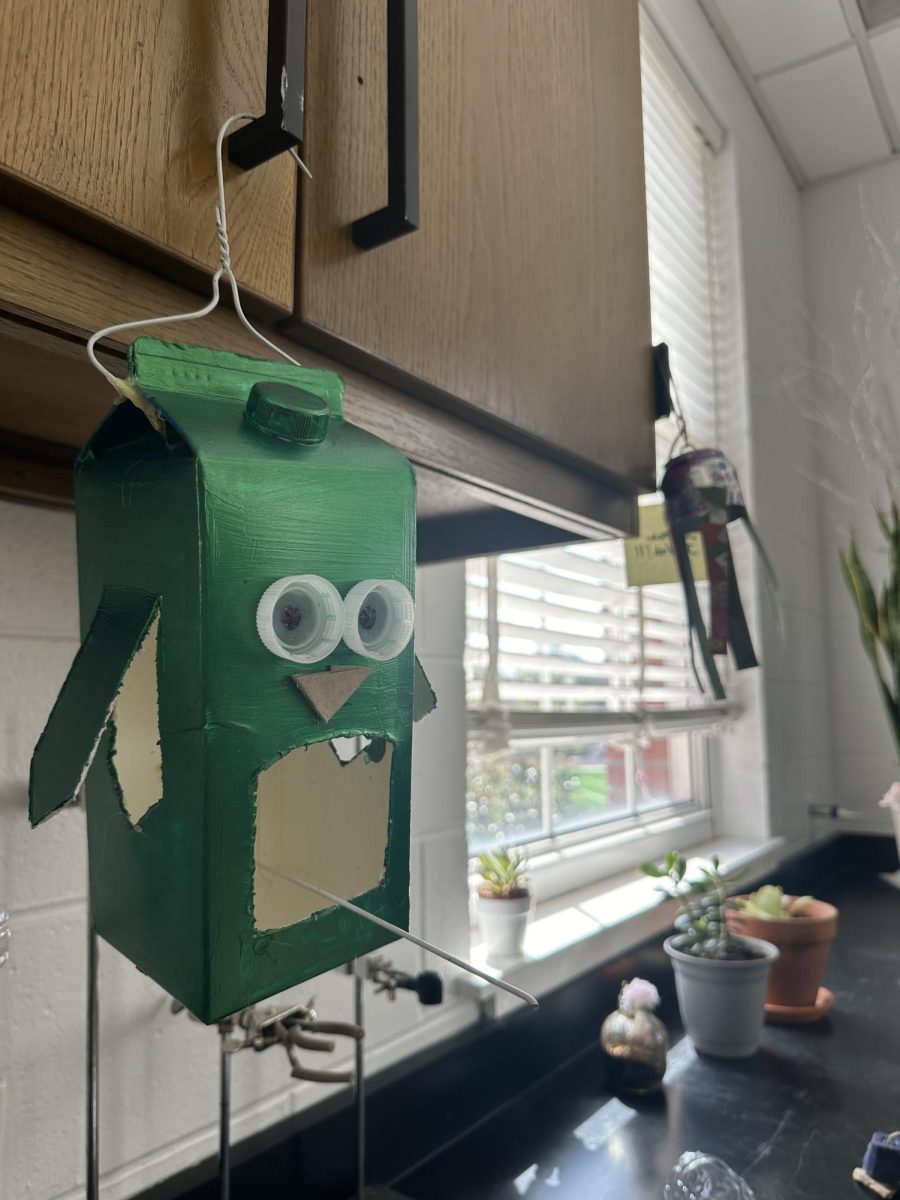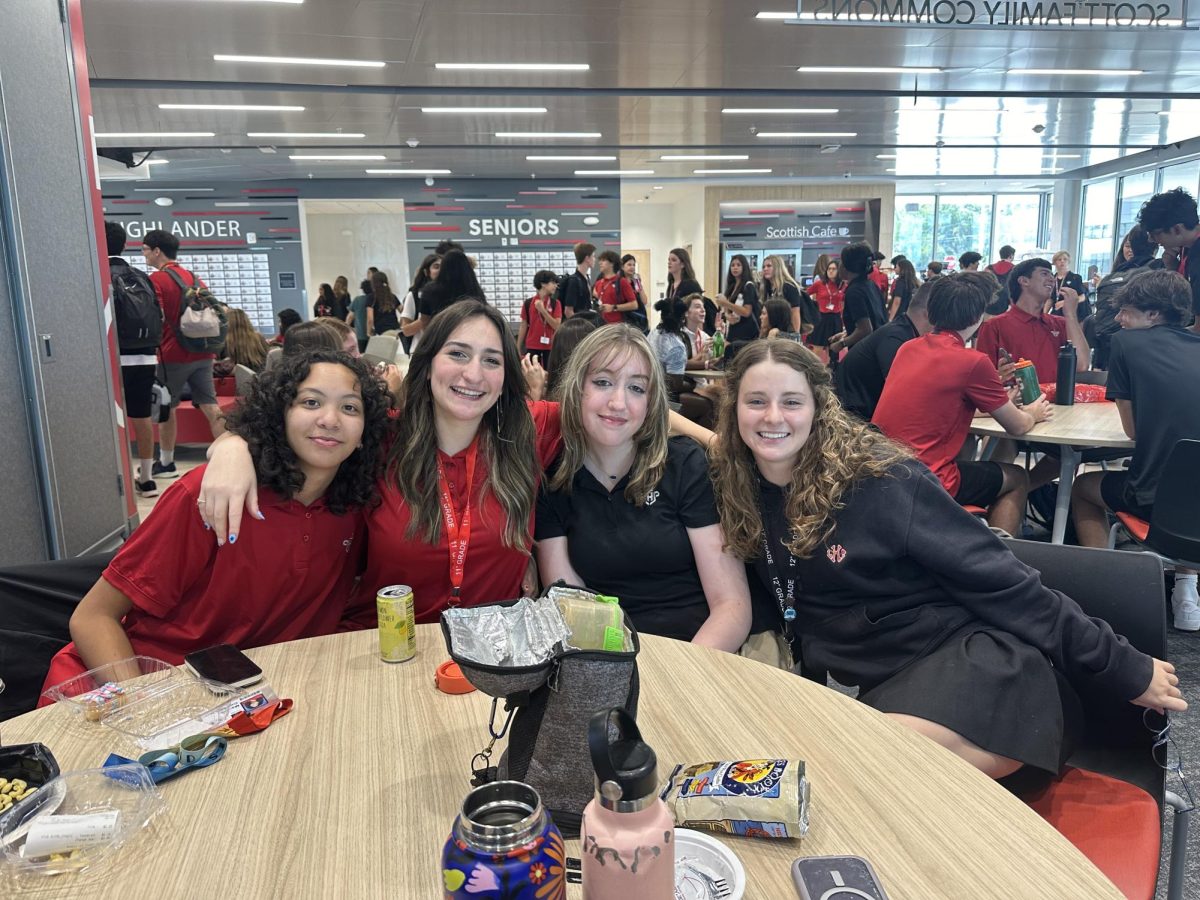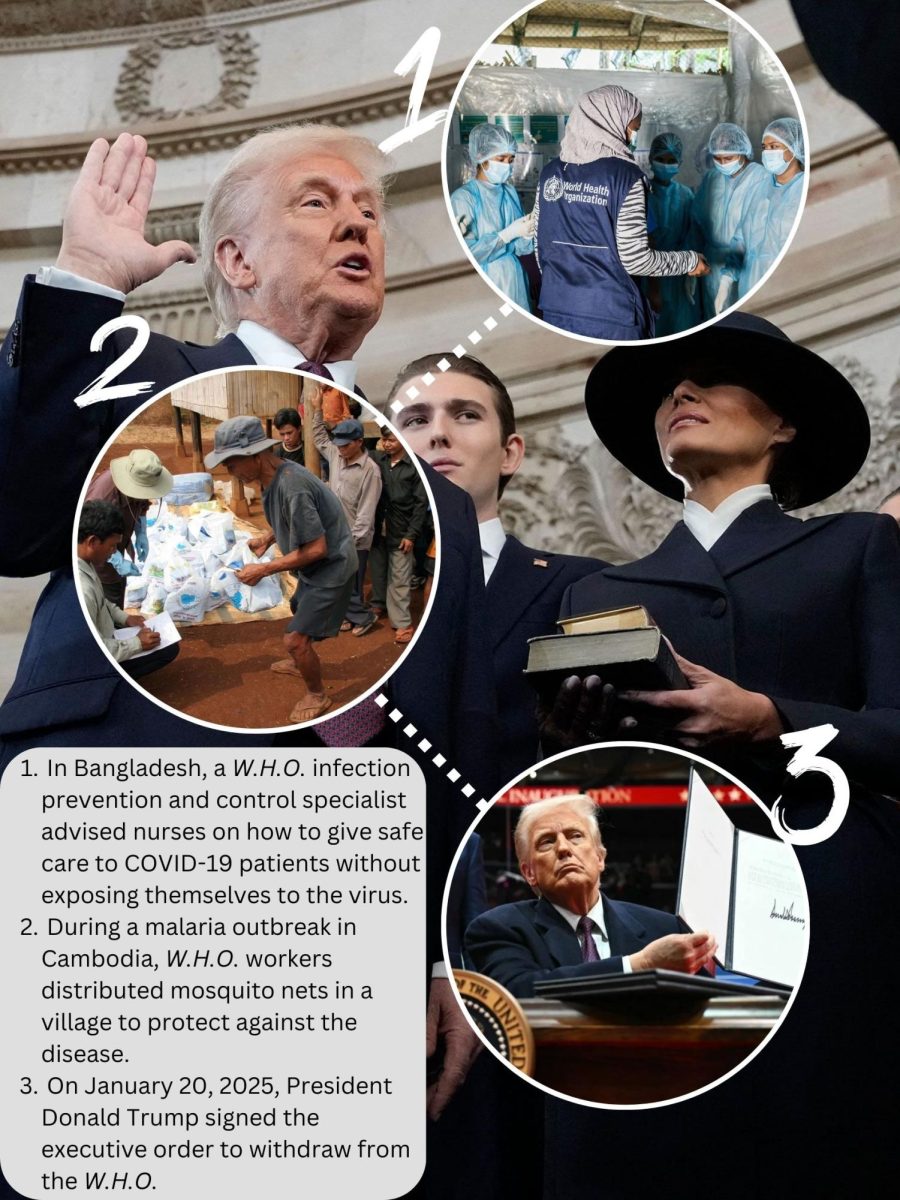Whenever the thought of “Junior year” comes to mind, most high schoolers dread it. Looking back on the summer before Junior year, I remember how terrified I was. My brain was flooded with fear: how was I going to manage all my classes? What even is the college application process? Will I ever get any breaks? There’s a stereotype that surrounds Junior year, where most people would say it’s the hardest year of high school. However, this isn’t as true as one may think. After finally completing Junior year, I realized that the real culprit is Sophomore year. The second year of high school is largely overlooked. Sophomore year is actually the one to look out for.
In reality, there are many perks to Junior year. Juniors have the opportunity to choose most of their own classes. This allows them to tailor their education to their interests and goals. This means more freedom to enjoy classes that students not only do well in but will also match their chosen career path. Effectively, there is a boost in motivation and engagement. I remember being so excited to pick out my courses for Junior year because I felt like doors of opportunity were opening. I couldn’t wait to take Physics and Human Geography. Since I was able to choose more classes that I was interested in, I saw a more consistent record of A’s on my report cards. Unfortunately, this is difficult to relate to for most Sophomores. Sophomores still have to take a world language class and have limited options for their core subjects. One of Lake Highland’s own students, Sophia Safder, grade 12, commented, “When you have more control over the classes, you feel more motivated to do well and study for your classes because it’s directly benefiting your grades and also your future in the long run.”
Additionally, Junior year counts so much more on college applications in comparison to Sophomore year. This is typically viewed as a bad thing, but because Junior year is the last school year that colleges can look at in full before applications are due during Senior year, students are more motivated to stay on top of their work. This prevents students from falling behind in their workload. Many admissions committees pay extra close attention to Junior-year grades and activities because it gives the schools a better idea of where the students will be when they reach college.
Ms. Lynn Stewart, Dean of College and Career, labels Junior year: “The Year of Maturity.” She said, “Preparation for college is the foundation here at Lake Highland. It’s in the name! So, you have to lock in. You got one shot at Junior year—and that’s it. Everything at Lake Highland is designed for you to have success in the college process. All you have to do is engage.” With this in mind, Juniors have more motivation to do well in their classes and boost their GPA for their applications. Personally, I took the importance of doing well in Junior year as a chance for me to get rid of bad time-mangagement skills and reach my full potential as a candidate for competitive universities. After all, admission officers want to see growth from Freshman year to Junior year because every student significantly grows throughout that period of time.
Freshman year students are not as prepared to transition from Freshman year to Sophomore year compared to transitioning from Sophomore year to Junior year. Many can agree that Freshman year is the easiest year in high school. As a result, getting thrown into the challenge of Sophomore year can prove to be a struggle. However, those challenges that come with Sophomore year make Junior year so much easier to get through. Mayren Comenencia, grade 12, agreed as she explained, “As soon as I started my Sophomore year, I could already feel my teachers’ expectations increase. But when I entered my Junior year, I felt as if the level of expectation was a step back because I was already used to what was expected of me and the typical high school work ethic, given that I had gone through two years of high school instead of one.”
The further students dive into high school, the deeper the relationships students build with other students and teachers strengthen. As a Junior, friend groups and bonds with classmates are better established. People already know each other better and are more comfortable branching out to welcome new faces. In the end, this makes the school year all-around more enjoyable: there is a better sense of community and self-security.
There tends to be a lack of leadership Freshman year due to the fact they are new to high school. So, during Sophomore year, students are more inclined to start being involved in leadership opportunities to build themselves up. With school clubs, Freshmen are more likely to be in the position of club members rather than club officers for the first year of high school. After a year of sitting back as a club member, students are better prepared to take on a leadership role the next year, such as starting a new club as a President. However, this new role comes with more responsibilities that take time and effort, on top of doing regular schoolwork.
By balancing an academic workload and leadership duties it adds an extra layer of stress to Sophomore year. However, with Junior year, students are already used to what it takes to be a club officer and focus on schoolwork at the same time. When I first became President of Paws for a Cause as a Sophomore, I struggled to be an active leader and juggle my duties as President with regular schoolwork. As President during Junior year, I felt much more prepared and confident with a year of experience.
Although Junior year has its own set of challenges, many students find it easier than Sophomore year for several different reasons. Deeper connections with peers and teachers, familiarity with the school environment, and more opportunities and experiences, all contribute to a smoother school year as a Junior. Juniors often have a clearer understanding of how to handle the workload and pressure that comes with high school. So although Sophomore year can be more of a challenge than some may think, advice from Juniors who have already gone through that year can help ease the unexpected difficulties that come along with it. Ms. Stewart advised, “If I could have it my way, I would have Juniors enjoy the moment. Don’t focus on leaving Lake Highland. One day when you look back on Junior year, you should say, ‘I had an awesome Junior year.’”

